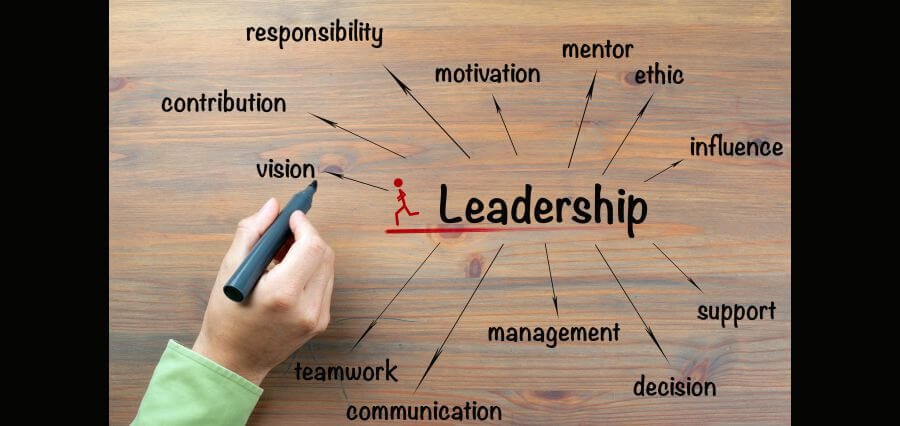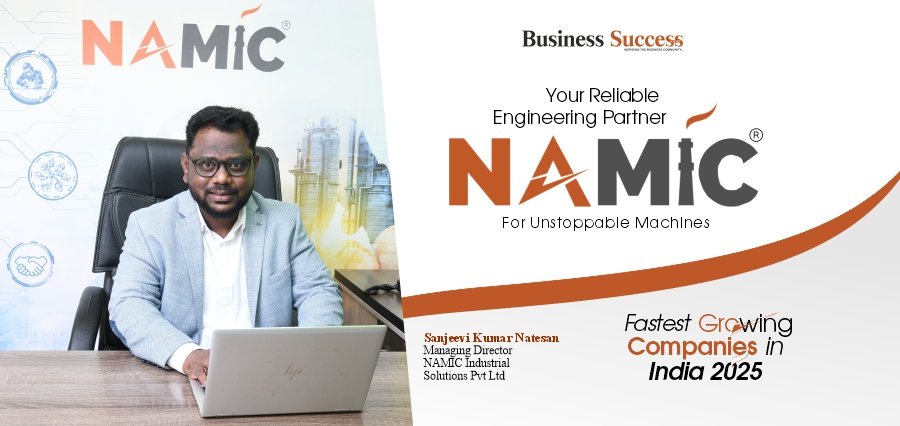Efficient Output
With today’s fast-paced, competitive manufacturing world, it is no longer a matter of having the latest technology or even process automation. Instead, organizations are increasingly looking to seasoned experts that can take on responsibility for the subtle dynamics among processes, technology, human factors, and market forces. These professionals are now more frequently known as production strategy professionals and are revolutionizing manufacturing productivity through embracing new, innovative approaches. Their effects are disseminated throughout all the activities of the production world, from supply chain performance to innovative utilization of data, and their examination is charting the course for manufacturers to remain agile, low-cost, and competitive.
The field of production strategy practitioners has expanded several times over the last two decades. Historically, production plans were dictated by legacy mass production models in an attempt to keep cost a minimum and volume a maximum through linear, formulaic means. Today, the new production world requires loads of more reactive and flexible thinking. Changing patterns of consumption, customization frenzy, digital dislocation, and supply chain closures across the globe have all pushed the necessity of rethinking the old ways. The professionals in production strategy possess the strategic as well as technical expertise required to lead the manufacturers on this new journey.
Embedded within the center of their briefs are production strategy strategists who analyze current processes, identify inefficiencies, and create customized strategies that incorporate working procedures and products them into corporate objectives. Beyond their interest in near-term profitability, they strategize for growth in scalable, resilient, and durable long-term settings. Based on their evaluation of internal strengths and weaknesses and external market forces, they assist organizations in creating production systems that can synchronize with changing conditions without compromising on reliability.
The greatest value added by production strategy practitioners is the combination of lean manufacturing concepts and digital innovation. As lean thinking engulfed waste reduction and value generation to the maximum, the combination of this with Industry 4.0 technologies like the Internet of Things (IoT), data analysis, and artificial intelligence reveals new paradigms for improved productivity. These are at the forefront of developing hybrid solutions that integrate old-school lean process expertise and web expertise to enable more transparent, more efficient, and more effective manufacturing.
Some examples include the deployment of IoT-sensing equipment over the shop floor by production strategy experts to gather real-time information regarding equipment utilization, material utilization, and energy utilization. These numbers are used for identifying trends, predicting maintenance requirements, and allocating resources optimally. These activities minimize unwanted downtime, enhance equipment utilization, and hence enhance output without reducing quality. Fortunately, experts ensure that these kinds of technologies form part of individuals’ workflow without issues to facilitate collaboration instead of replacement.
Employees’ participation is among the most important areas where production strategy experts have their impact. Factory employees of today should be able to operate machinery yet also able to operate new machinery and processes. Strategy experts are likely to head training programs, develop cross-functional interfaces, and foster a culture for continuous improvement. They tie the intentions of management to the realities of the shop floor by engaging workers in problem-solving and strategic thinking. This alignment produces a more productive workforce, increased control over outcomes, and mutual interest in productivity improvement.
Secondly, there must be production strategy experts who make it possible to tailor and produce modules without sacrificing efficiency. As consumer demand shifts toward products that are custom made, companies must be able to make smaller volumes with higher variety without sacrificing cost management. Strategy gurus lead the way in creating modular design specifications, flexible automation equipment, and intelligent scheduling software that make rapid changeover and flexible manufacturing a reality. In addition to enabling responsiveness to trends in the market, this capability allows for productivity to be maintained in low-volume, high-mix settings as well.
Supply chain integration is another area where such gurus bring immense value.
Disruption is normal and openness an affluence in the globalized world production networks today. Production strategy specialists collaborate with procurement, logistics, and inventory management personnel to engineer pre-budgeted, interactive supply networks that allow for seamless production. Using advanced high-end planning and simulation software, they can simulate different supply chain alternatives, predict risks, and create contingency strategies for minimization. This is an effective production system that, besides being effective, is also shock-resistant.
Sustainability is also making headway on the agenda of production strategy. As the business priority number one of responsibility and regulation matters, environmental concerns are, and eco-concerns are leading among the issues. Manufacturers thus need to meet their aspiration to minimize their footprint on the environment without sacrificing profitability. Experts also assist in developing carbon footprints of production processes, waste reduction opportunities, energy-saving opportunities, and circular economy implementation. They may, for example, use closed-loop recycling processes or purchase inputs more sustainably, with the advantage of ensuring the improvements do not decrease productivity.
Data is at the forefront of the production strategy professionals’ arsenal. Modern plants produce huge quantities of data, but professional technical expertise and strategic know-how are required to transform the data into useful information. Experts use state-of-the-art-level analytics and machine learning techniques to transform production data into insight, identify inefficiencies, and forecast future performance. Whether it’s optimizing batch sizes, minimizing cycle times, or ensuring quality control. Their analytics insights inform manufacturers with improved precision and confidence.
With global competition, never has the production strategy professionals’ role been more important. They are supposed to drive companies not only to respond but to anticipate and prepare ahead of them. Either embracing smart technologies, creating flexible manufacturing mindsets, or enhancing employees’ competences, these professionals are at the center of building factories of the future.













